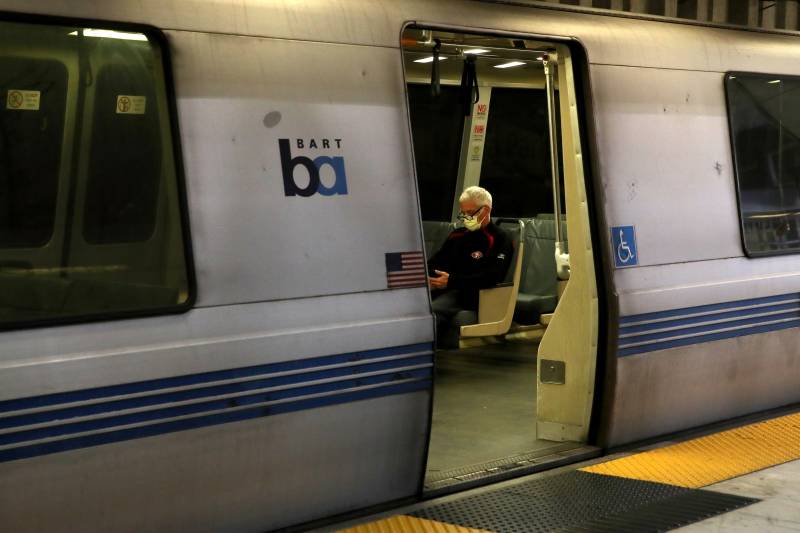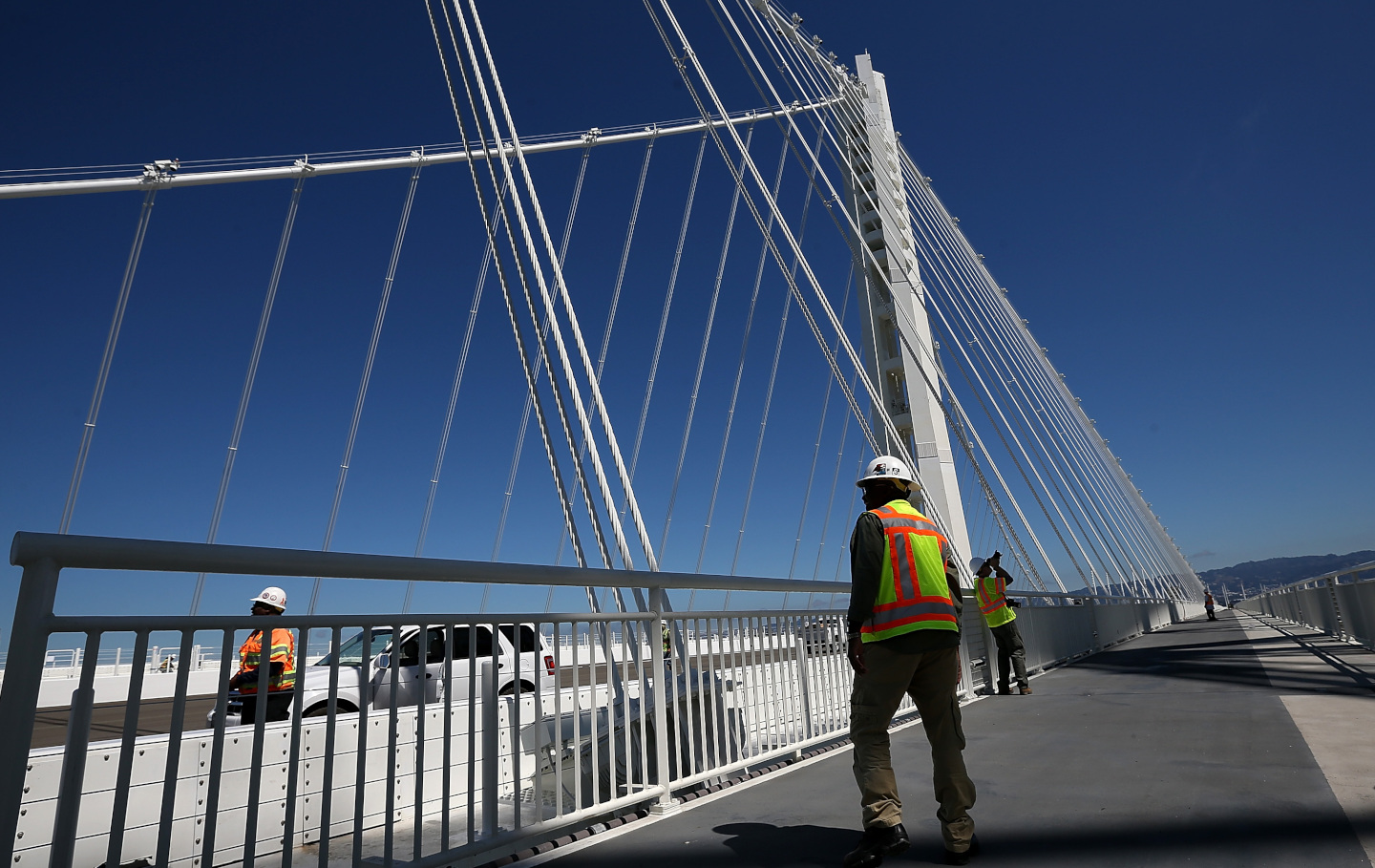The federal government says California is ineligible for about $12 billion in public transit funding because of a long-running dispute over changes to the state’s public pension law that the Biden administration recently determined are improper.
Federal law says state and local agencies must protect the interests of their employees to be eligible for federal public transit grants. A state law that took effect in 2013 made changes to California’s public pension system, including making pensions less generous for new employees.


